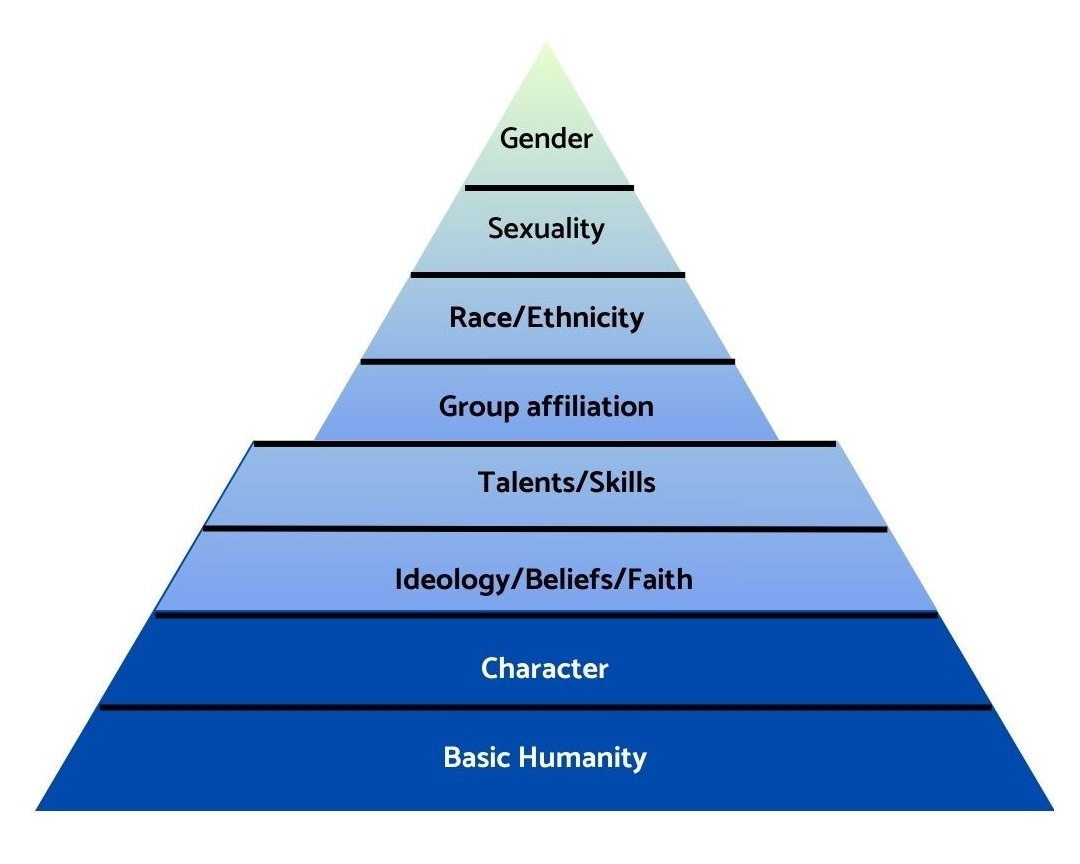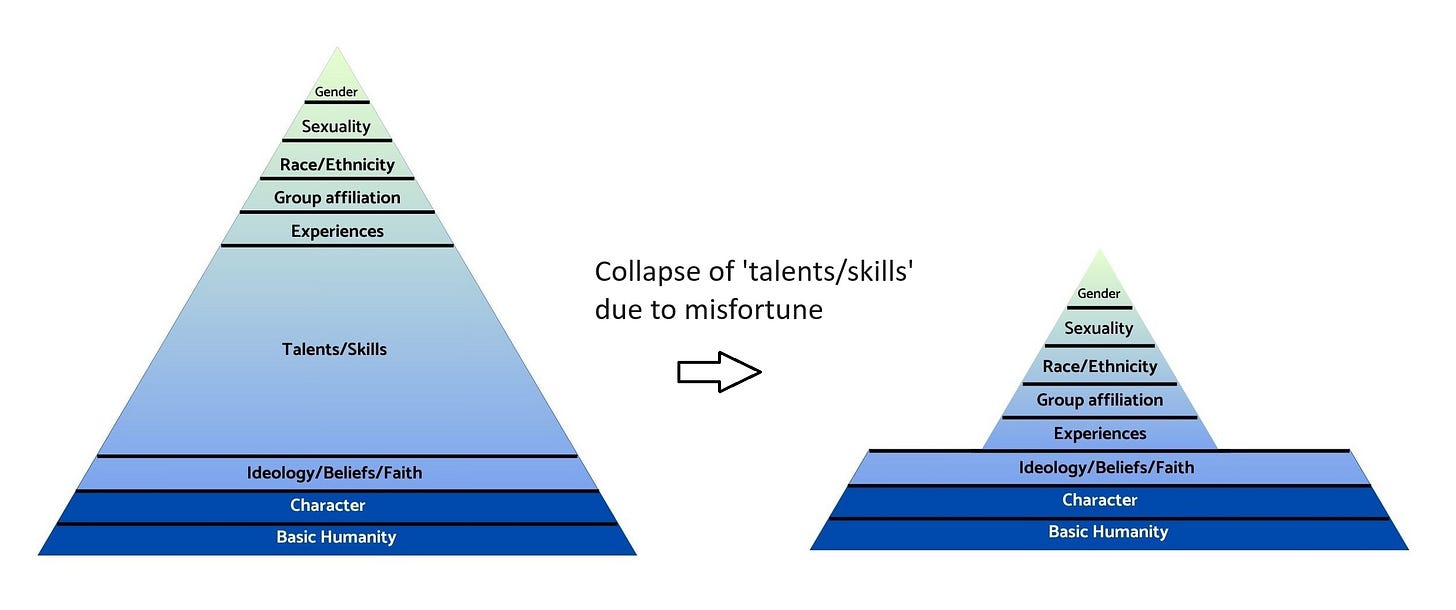If you ask a group of adults what ‘identity’ means to them (as I frequently do in my presentations with Penny Marie of Let Kids Be Kids), you’ll hear a wide range of answers and words such as - ‘who you are’, ‘where you’re from’, ‘male or female’, culture, job, family, heritage, gender, experiences, and so on.
These descriptions are examples of the popular understanding of identity.
But, there is also a very specific psychological understanding of ‘identity’, which I have learnt from American psychologist Dr Steven Stosny.
In his article Identity Resilience, Dr Stosny writes that, “the popular understanding of identity has taken on political meanings that obscure its psychological function, which is that identity helps organize conscious thoughts, feelings, and behavior choices”.
Wow, that’s a pretty important function.
Another psychologist who writes about this hugely important function of identity is Ann Hopwood. In her article Jung’s Model of the Psyche, she writes:
“Jung saw the ego as the centre of the field of consciousness which contains our conscious awareness of existing and a continuing sense of personal identity.
It is the organiser of our thoughts and intuitions, feelings, and sensations, and has access to memories which are not repressed.”
So then, what is the structure of a healthy secure identity?
Dr Stosny describes this model, with 9 domains of equal importance:
Take a few moments to compare this model to you own experience of life. Does it correspond to your own experience of how you organise your conscious thoughts, feelings, and behavior choices?
Let’s now consider two scenarios of modifications to identity
by willing hyperfocus on one or more rungs;
due to loss of one or more rungs, by misfortune.
Hyperfocus
Hyperfocus means that we direct our mental focus on one (or more) rungs of identity a the expense of the other rungs.
Willing hyperfocus on one rung of identity
Now consider what would happen if someone willingly decided to hyperfocus on one rung. Say for example, if someone decided that they wanted to become an All Black or a Silver Fern (elite sports men and women of New Zealand). Or, perhaps a musician.
In that case, their rung of ‘Talents/skills’ would be hyperfocussed to become much larger relative to the other rungs, like this:
How would the hyperfocus of that one rung affect their ability to organise their thoughts, feelings, and behavior choices?
What would they most likely think about, and not think about?
How would it impact their relating to others?
How would it affect the rest of their life, while they were able to maintain this hyper focus?
The loss of a rung of identity due to misfortune
Consider if one rung of a healthy secure identity was taken away somehow, perhaps by illness or other misfortune.
Say for example, if ‘experiences’ was removed by a car accident, resulting in amnesia, like this:
How would this configuration affect someone’s ability to organise their thoughts, feelings, and behavior choices?
What would they most likely think about, and not think about?
How would it impact their relating to others?
Even though it may be difficult to imagine, it’s useful to try to imagine the impact, because doing so will help you to understand the concept of identity disruption, as we go along.
Now, let’s go back to our first example, in which someone had first willingly hyperfocused on one their talents and skills, say as a sportsman/woman, or a musician. Now, imagine that they got injured and could no longer maintain the hyperfocus - suddenly they are no longer able to see a future in which they are part of the elite sports team, illustrated conceptually, here:
Can you think of other examples in which people have willingly hyperfocused on just one rung of their identity, followed by misfortune which prevents them from maintaining that hyperfocus? Take a few moments to ponder these situations and how they would affect the person.
A question to ponder
Which rungs do you think \would be most important, generally speaking, from the point of view of organising your thoughts, feelings and behaviour choices?
I’d like to propose that the idea that the ‘sum total’ of your thoughts, feelings and behaviour choices can be contained in the single concept of ‘wellbeing’.
So to put my question another way, which rung of the pyramid of identity do you think is most important for your wellbeing?
I’ll leave that question for you to consider. We’ll be coming back to it in the next post, with an answer from Dr Steven Stosny.
These discussion will help to prepare you for the concept of identity disruption which I’ll be presenting down track.
In my next post I look at the formation of identity.
Thanks for reading. If you like this content, consider forming a discussion group with others, and work slowly through it and discuss the concepts and implications together. This will great add value to your understanding.
See you in the next post.








